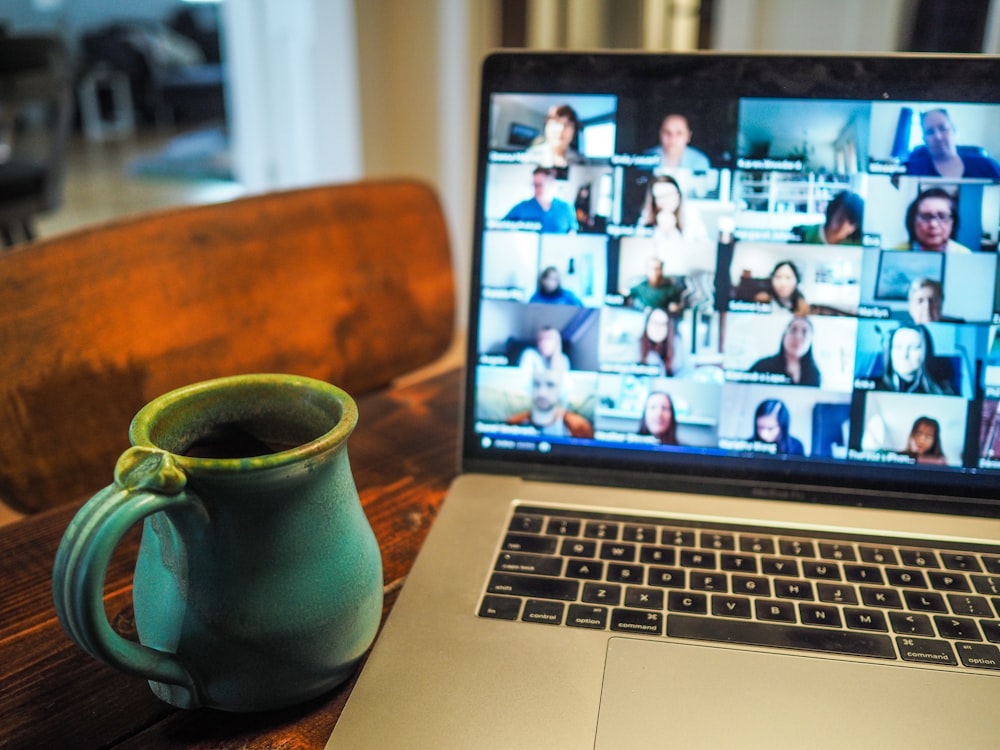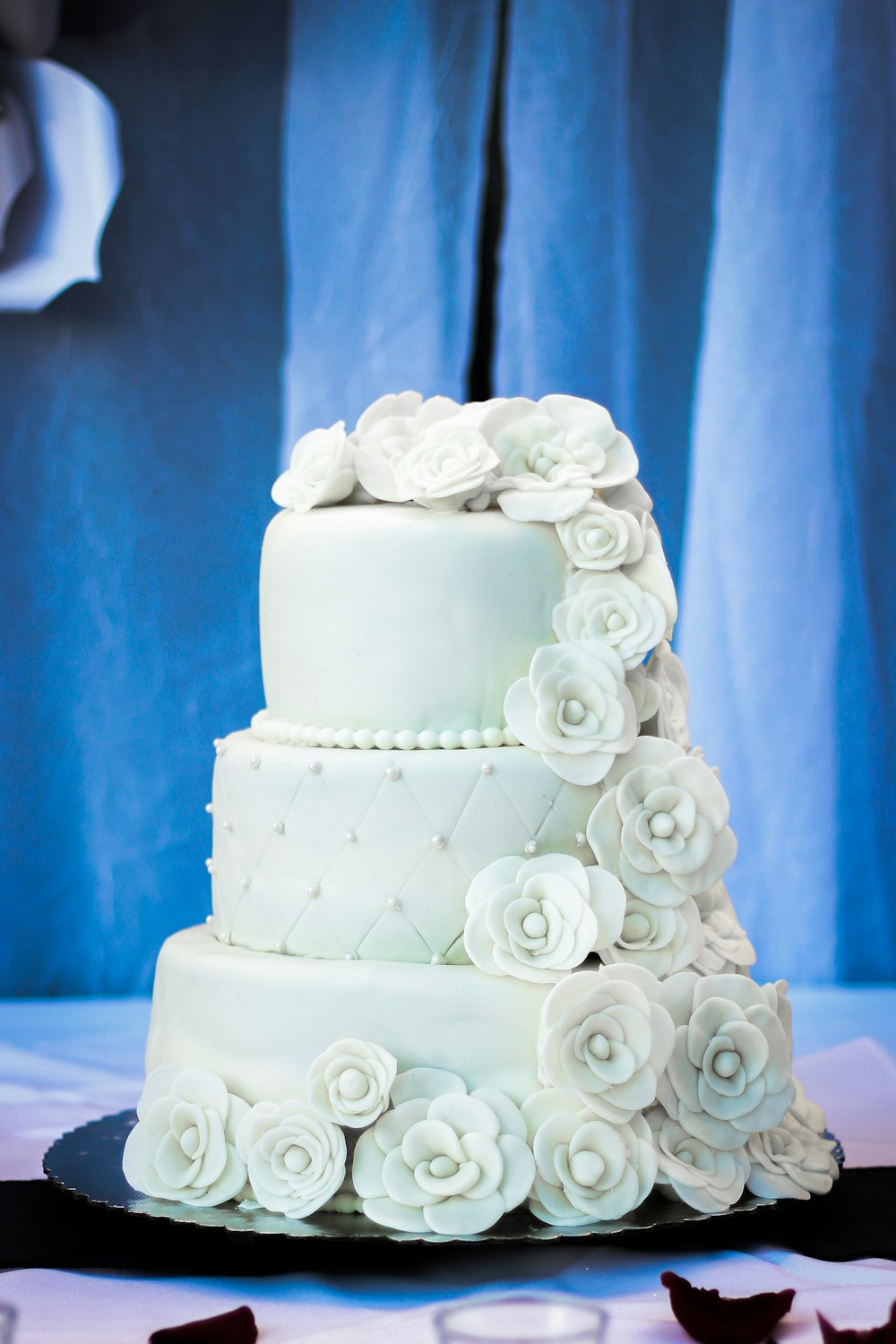Hey everybody! I'm super excited to share a little bit about one of my favorite websites, Unsplash!
Unsplash is an awesome website with free pictures that you can use without running into copyright issues.
Yes, I know what you're thinking. Who cares about copyright issues?! Why can't I just download free stuff off of Google?
- Reason #1: Teachers aren't automatically exempt from copyright laws just because they are using things for educational purposes- the law is more complex than that. Learn more here.
- Reason #2: Unsplash pictures are actually very high quality and often yield better results than a Google search.
- Reason #3: Using sites like Unsplash gives you an opportunity to model safe, fair, and honest use of technology for students.
1.) Creative Writing Prompts: I am reminded of the opening scene of Neil Gaiman's The Graveyard Book-
"There was a hand in the darkness, and it held a knife."
Good writing can provoke powerful images in a reader's mind. Why not try letting good photography provoke powerful writing? Consider using your summer "vacation" to collect your favorite Unsplash images for use in writing warm-ups.
Photo by Michael Dziedzic on Unsplash
2.) Math Warm-Up: I've used this with my students tons of time, and it works great! Choose a picture that demonstrates real life examples of whatever math principle you will be focusing on for the day. OR choose a picture that could help set up the context for a word problem you will be working on.
3.) Point of View and Perspective: This is a theme that weaves its way into various literature and social studies standards. A few well chosen pics demonstrating different perspectives of the same object could start a great conversation with students.
Photo by Denys Nevozhai on Unsplash and Photo by Howard P on Unsplash
BONUS! Unpacking stereotypes: One of my favorite TED talks is by Chimamanda Adichie. She talks about the danger of a single story- the danger of using one narrative to describe a whole race, gender, culture, language, or people. Pictures can be a simple, uncomplicated way to both challenge and recognize single stories.
Interested in this idea, but don't know where to start? Start with what would be most relevant in your own classroom:
- Focus on the cultures and issues most relevant to your students or most relevant in the communities where you teach.
- Encourage students to informally challenge the images they come in contact with (Ex: Well I'm Mexican, but I don't celebrate the Day of the Dead).
- Have students create their own albumn designed to shatter stereotypes that people may have of their own culture, race, gender, religion, family, etc.
Got any other ideas for using Unsplash images in your classroom? Drop them below!










